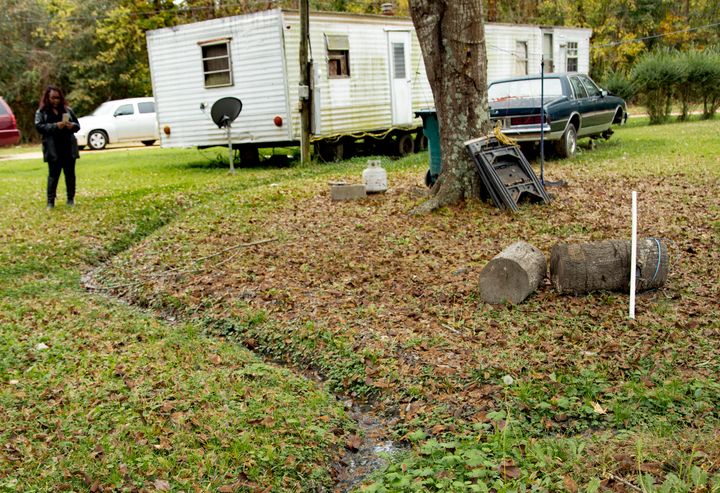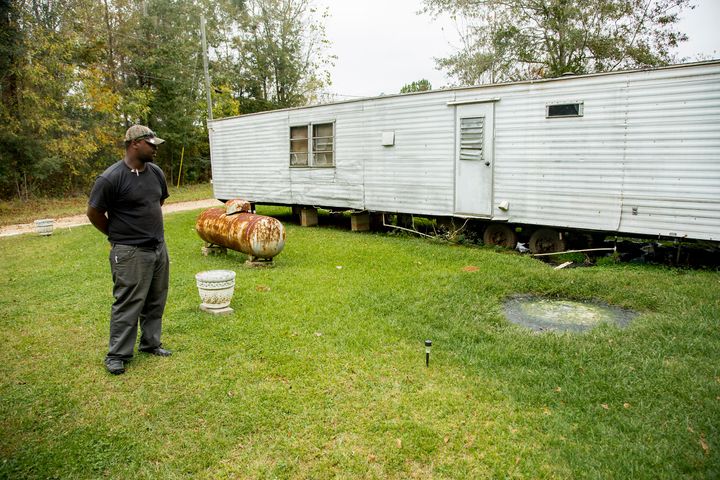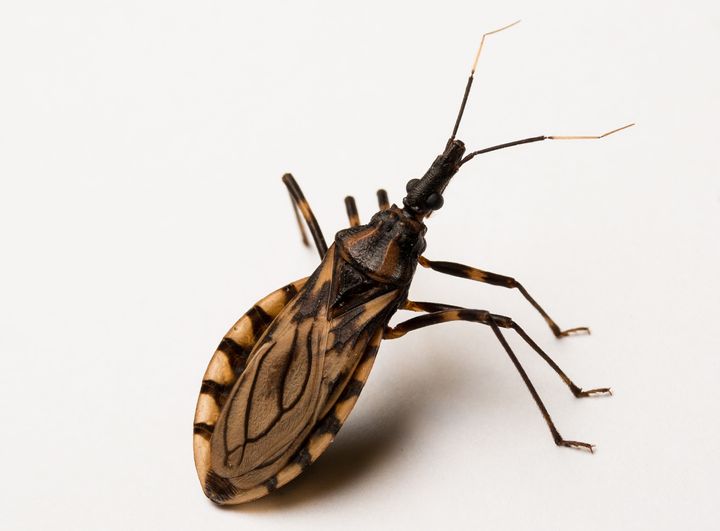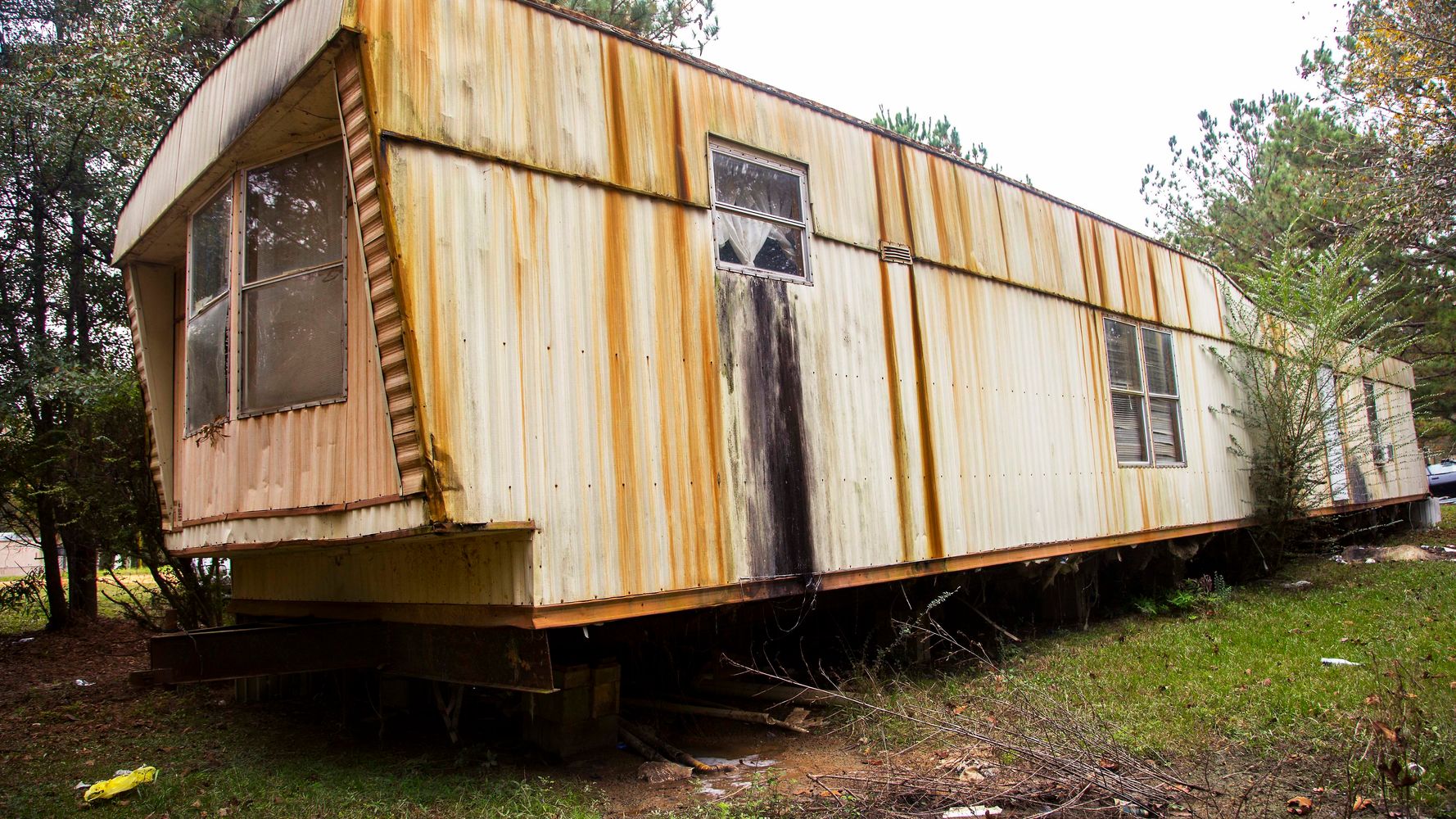[ad_1]
An estimated 12 million Americans suffer from debilitating diseases linked to extreme poverty. These diseases — among them Chagas disease and hookworm ― are poorly understood, even by medical professionals, and disproportionately impact low-income communities of color that lack access to health care and proper sanitation or housing. Combating them has proved nearly impossible, due to a lack of funding and coordination across government agencies and private organizations.
New legislation introduced Wednesday by presidential hopeful Sen. Cory Booker (D-N.J.) aims to change this by raising awareness, promoting new research and providing funding to help fight these diseases in America, bringing patients out of the shadows and into treatment programs.
“This is an injustice that has been largely hidden from most Americans and highlights a gross inequality, where large swaths of this country are regularly exposed to raw sewage and contaminated drinking water,” Booker said in a statement provided to HuffPost.
Diseases of poverty tend to be associated with the developing world and not with the United States. One billion people across the globe suffer from at least one of these conditions. HuffPost has reported extensively on efforts to target and cure neglected diseases in poorer countries. At the same time, the prevalence of such diseases has been almost completely overlooked in the U.S.
Booker’s proposed legislation ― the Study, Treat, Observe, and Prevent (STOP) Neglected Diseases of Poverty Act ― would create an interagency task force to educate the medical community on these diseases and increase surveillance in at-risk communities across the country. The measure would also free up public health funding for states to conduct new research into who has these diseases and where they live, and would encourage drug developers to explore new and better treatments.

HuffPost has previously reported on hookworm infections in America, which result from walking barefoot in raw sewage. The disease causes anemia and fatigue and can lead to impaired cognition in children. It was thought to have been eliminated in the U.S., but a 2017 study out of Lowndes County, Alabama, found several people with hookworms inside their bodies.
The population of Lowndes is majority African American, and many are descendants of slaves who toiled on cotton plantations. Today, the area has a high instance of people living with raw sewage flowing through their property due to failed septic systems. HuffPost toured some of these properties and met with residents who were frustrated about the lack of resources to deal with the wastewater problem.
“In our nation, we can do better,” said environmental justice advocate Catherine Flowers, who for years has been sounding the alarm about sanitation issues in Lowndes County.
Flowers told HuffPost that the STOP Neglected Diseases of Poverty Act is an opportunity to bring relief to communities that are suffering. “We can find real solutions,” she said. “This [legislation] is a great way to begin.”

HuffPost has also reported on patients affected by Chagas disease who live in Los Angeles, many of them immigrants who grew up in poverty in Latin American countries. The parasitic disease is transmitted by a biting insect. The bug injects a parasite, which burrows into the heart tissue and can remain dormant in the victim for decades. If untreated, the parasite may cause massive heart attacks and death.
Chagas is prevalent in rural areas of Latin America, and physicians in America aren’t trained to conduct routine screenings for it, even though the bugs that transmit the disease are found in the Southern half of the U.S. and patients have been infected in this country. Treatments are available for Chagas, though they’re difficult to obtain and come with debilitating side effects.
Patients HuffPost spoke to in LA said they wished they had been tested for the disease earlier in life, when there’s still a chance to kill the parasite before it damages the heart.

Legislation like the STOP Neglected Diseases of Poverty Act could make a “huge difference” in the amount of money available for research, education and testing for neglected diseases in the U.S., said Dr. Colin Forsyth, Chagas research manager for the medical charity Drugs for Neglected Diseases Initiative. Combatting neglected diseases is a humanitarian issue, Forsyth said, but it also makes economic sense.
“When you’re catching these problems earlier and dealing with them, it’s so much more medically effective, and it prevents costs on the health care system down the road,” Forsyth said.
Dr. Peter Hotez, a leading advocate for ending neglected diseases around the world, said he’s cautiously optimistic about the Senate bill. Hotez, dean of the National School of Tropical Medicine at Baylor College of Medicine, pointed out that this is not the first time lawmakers have proposed a measure to combat neglected diseases in America.
A bill calling for better research and treatment of neglected diseases both in the U.S. and abroad was introduced in the House of Representatives in January, but it failed to gain traction. And though several government agencies are already involved in fighting these diseases in America, those efforts haven’t been enough so far, said Hotez.
Neglected diseases are America’s “most glaring health disparity,” Hotez told HuffPost.
If it matters to you, it matters to us. Support HuffPost’s journalism here. For more content and to be part of the “This New World” community, follow our Facebook page.
HuffPost’s “This New World” series is funded by Partners for a New Economy and the Kendeda Fund. All content is editorially independent, with no influence or input from the foundations. If you have an idea or tip for the editorial series, send an email to thisnewworld@huffpost.com
REAL LIFE. REAL NEWS. REAL VOICES.
Help us tell more of the stories that matter from voices that too often remain unheard.
[ad_2]
Source link

